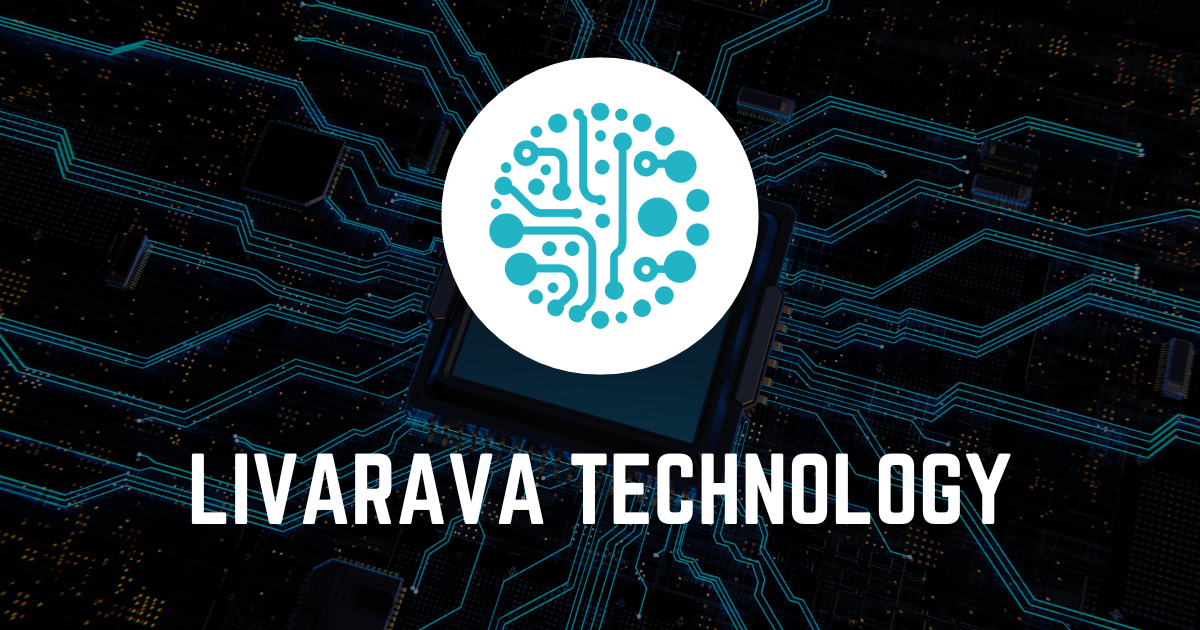Implementing Responsible AI: Five Essential Principles for Asset Management

Five Principles for Responsible Use of AI in Asset Management
As the integration of artificial intelligence and machine learning into asset management becomes increasingly prevalent, it is essential to uphold responsible practices. Here are five key principles to consider:
- Transparency: Clearly communicate how AI and ML algorithms operate.
- Accountability: Ensure individuals or teams are responsible for AI outcomes.
- User Privacy: Protect personal data and maintain confidentiality.
- Fairness: Strive to eliminate bias in AI decision-making.
- Compliance: Adhere to applicable laws and regulations in AI deployment.
Conclusion
By following these principles, asset managers can improve the ethical deployment of AI and ML technologies, fostering a trustworthy environment that prioritizes stakeholder values and regulatory compliance.
This article was prepared using information from open sources in accordance with the principles of Ethical Policy. The editorial team is not responsible for absolute accuracy, as it relies on data from the sources referenced.